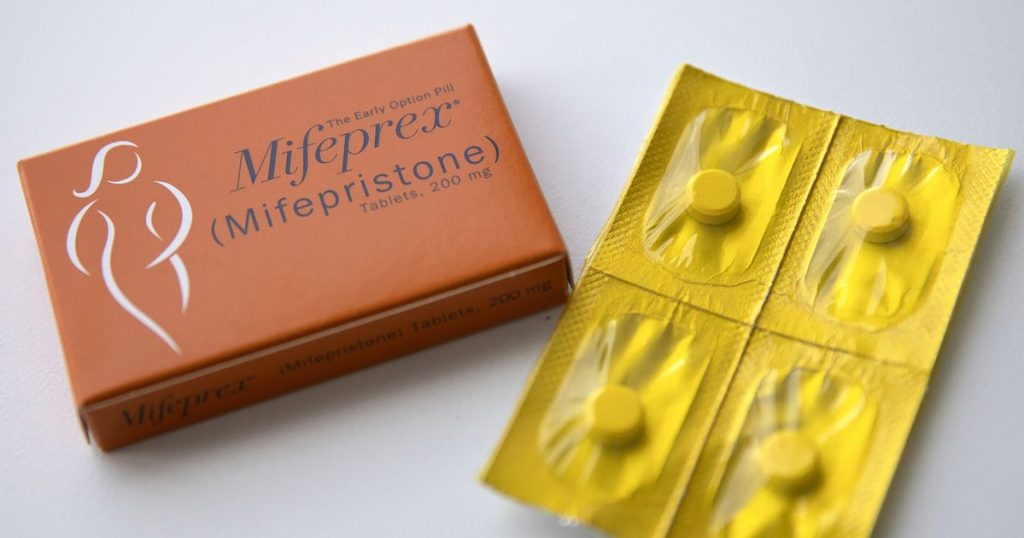The Louisiana state House recently voted to add two common medications, mifepristone and misoprostol, used for abortions, to the state’s list of controlled, dangerous substances. Despite evidence that these medications are safe and effective, the legislation would make possession of them without a valid prescription punishable by up to five years in prison. The medications are already illegal for abortion use in Louisiana, which has completely outlawed the procedure since 2022. The bill passed by the House now moves to the state’s Republican-controlled Senate and is expected to be signed by Governor Jeff Landry.
These medications, approved by the FDA, are the most common method of terminating a pregnancy in the United States, accounting for 63% of all abortions in 2023. Since FDA approval in 2000, mifepristone has been used more than 5 million times with very few serious adverse reactions reported. Democrats have criticized the bill, calling it outrageous and warning that if passed in Louisiana, it could influence other red states to follow suit. Vice President Kamala Harris also condemned the bill, calling it unconscionable.
The bill’s author, Sen. Thomas Pressly, cited a specific case involving his niece being poisoned by her ex-husband with the intent of aborting their unborn child using misoprostol as a reason for bringing the bill to the floor. State Rep. Julie Emerson argued that the bill is aimed at holding accountable individuals who use deception to harm women and unborn children. However, covertly drugging someone is already a punishable offense, leading some to question the necessity of classifying these medications as dangerous substances.
Opponents of the bill, such as Democrat state Rep. Mandie Landry, argue that the sudden need to treat these medications as dangerous substances is baseless. Landry highlighted the various medical uses of the drugs beyond abortion, including treating ulcers, inducing labor, managing postpartum hemorrhaging, and assisting with IUD placement. She also pointed out that these medications are not addictive, as required by the state’s Uniform Controlled Dangerous Substances Law. Despite the bill’s passage in the House, critics maintain that there is no legitimate reason to classify these medications as dangerous substances.
The Louisiana bill comes at a time when the U.S. Supreme Court is considering a case that could impact access to mifepristone. However, a majority of justices appeared skeptical of the lawsuit’s merits during oral arguments in March. The court is expected to release its ruling as early as June. Critics of the Louisiana bill and similar measures in other states argue that restricting access to these medications could have far-reaching implications for reproductive rights and access to safe abortion care.


